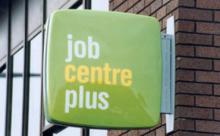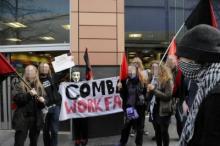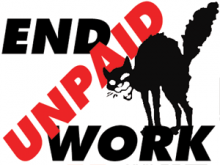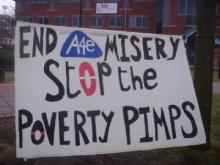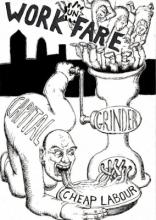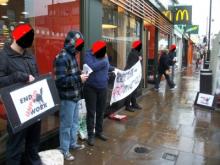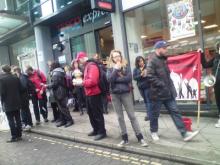Disciplining the workforce: Mandatory Work Activity
Mandatory Work Activity (MWA) is one of the Government’s five unpaid labour schemes in which unemployed people may be required to participate or lose their benefits. According to Chris Grayling Mandatory Work Activity “is something where people have no choice but to participate, otherwise their benefits will stop until they do”
MWA is not voluntary and people of any age can be mandated to take part, even if they have been claiming Jobseeker’s Allowance for a short time (source). Job seekers are referred to the scheme at the discretion of a Jobcentre Plus advisor and placements are organised through private companies who arrange for the participant to work 30 hours per week for four weeks for no wage.
